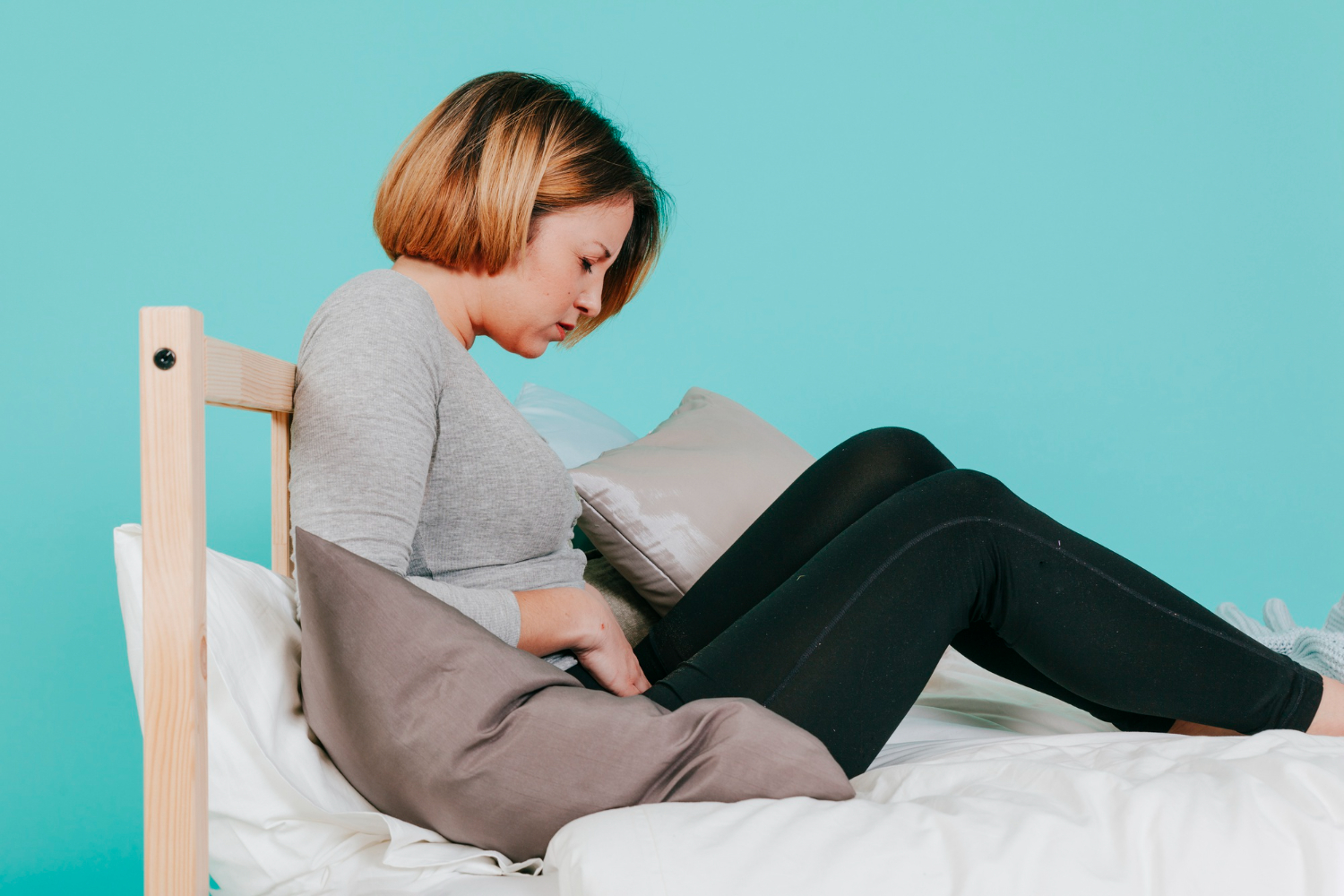Join our newsletter
Subscribe to our newsletter to receive updates and special offers
By subscribing you agree to our Terms & Conditions & Cookies Policy

Written By Giselle
It is no secret that sleep quality and quantity are two of the most important factors for overall health and wellbeing. But when it comes to women, the influence of their menstrual cycle on sleep is often overlooked or not taken seriously. It has been proven that a woman’s menstrual cycle can have a major impact on the quality and quantity of her sleep. In this article, we’ll discuss how your periods may be impacting your sleep and the different stages of the menstrual cycle and how they may affect your sleep. We’ll also cover some of the common sleep problems during periods and provide tips to improve your sleep during this time.
Periods, also known as menstruation, are a natural process in women that occur every month. During this time, the uterus sheds its lining to prepare for potential pregnancy. It usually lasts for three to five days and can be accompanied by a number of physical and emotional changes.
Sleep is an essential part of overall health and wellbeing. It is essential for physical and mental health, as well as for mood and productivity. Poor sleep can lead to a number of health issues, including fatigue, irritability, and decreased immunity.
It is well known that sleep quality can vary depending on a woman’s menstrual cycle. Studies have found that women tend to experience more sleep disturbances during the premenstrual phase, which is the two weeks leading up to the start of the period. During this time, women may experience insomnia, restlessness, and difficulty falling asleep. Women may also experience a decrease in the quality of their sleep due to hormonal fluctuations during this time.
The menstrual cycle itself can also affect sleep quality. Research has shown that oestrogen levels tend to rise during the follicular phase, which is the first two weeks of the menstrual cycle. This is typically associated with improved sleep quality. During the luteal phase, which is the two weeks following ovulation, progesterone levels tend to rise, which can lead to poorer sleep quality.
Premenstrual Syndrome (PMS) is a condition that affects some women and is characterised by physical and emotional symptoms that occur in the two weeks leading up to the start of the period. Common symptoms of PMS include mood swings, fatigue, bloating, and cravings.
Sleep disturbances are also a common symptom of PMS. A study found that more than 75% of women with PMS reported having difficulty sleeping in the two weeks leading up to their period. These sleep disturbances can include insomnia, restless sleep, and difficulty falling asleep.
Your menstrual cycle can have a major impact on your sleep quality and quantity. Hormonal fluctuations occur during different stages of the menstrual cycle, which can affect your sleep. Additionally, some women experience PMS, which can include sleep disturbances.
The menstrual cycle consists of four stages: follicular, ovulation, luteal, and menstrual. The follicular phase is the first two weeks of the menstrual cycle and is when oestrogen levels are highest. The ovulation phase is the midpoint of the menstrual cycle, when a woman is most fertile. The luteal phase is the two weeks following ovulation, when progesterone levels are highest. The menstrual phase is the final stage, when the uterus sheds its lining and a woman starts her period.
The follicular phase is typically associated with improved sleep quality, as oestrogen levels are highest during this time. Women may experience better, deeper sleep during this phase.
The ovulation phase may also be associated with better sleep quality, as it is the midpoint of the menstrual cycle and hormones are relatively balanced.
During the luteal phase, progesterone levels are highest and this is typically associated with poorer sleep quality. Women may experience insomnia, difficulty falling asleep, and restless sleep during this time.
The menstrual phase is the time when a woman’s period starts. This is typically associated with poorer sleep quality, as hormonal fluctuations can lead to insomnia and restlessness.
Hormonal changes are a major factor in how your periods may be impacting your sleep. During the follicular phase, oestrogen levels rise, which is typically associated with improved sleep quality. During the luteal phase, progesterone levels rise, which can lead to poorer sleep quality. Additionally, some women experience PMS, which can include sleep disturbances.
Sleep disturbances are common during periods, particularly the premenstrual phase. Common sleep problems during periods include insomnia, difficulty falling asleep, restlessness, and poor quality sleep.
There are a number of steps you can take to improve your sleep during periods. These include:
Managing your sleep during your periods can be challenging, but there are a few steps you can take to ensure that you get the best quality sleep possible. It is important to establish a regular bedtime routine and make your bedroom a sleep sanctuary. It is also important to exercise regularly, manage stress, and limit your exposure to blue light. Additionally, avoiding caffeine and alcohol can help to improve your sleep quality during periods.
It is important to understand how your periods may be impacting your sleep. Hormonal fluctuations during different stages of the menstrual cycle can affect your sleep quality and quantity. Additionally, some women experience PMS, which can include sleep disturbances. Taking steps to improve your sleep during periods, such as creating a regular bedtime routine and limiting your exposure to blue light, can help to ensure that you get the best quality sleep possible.